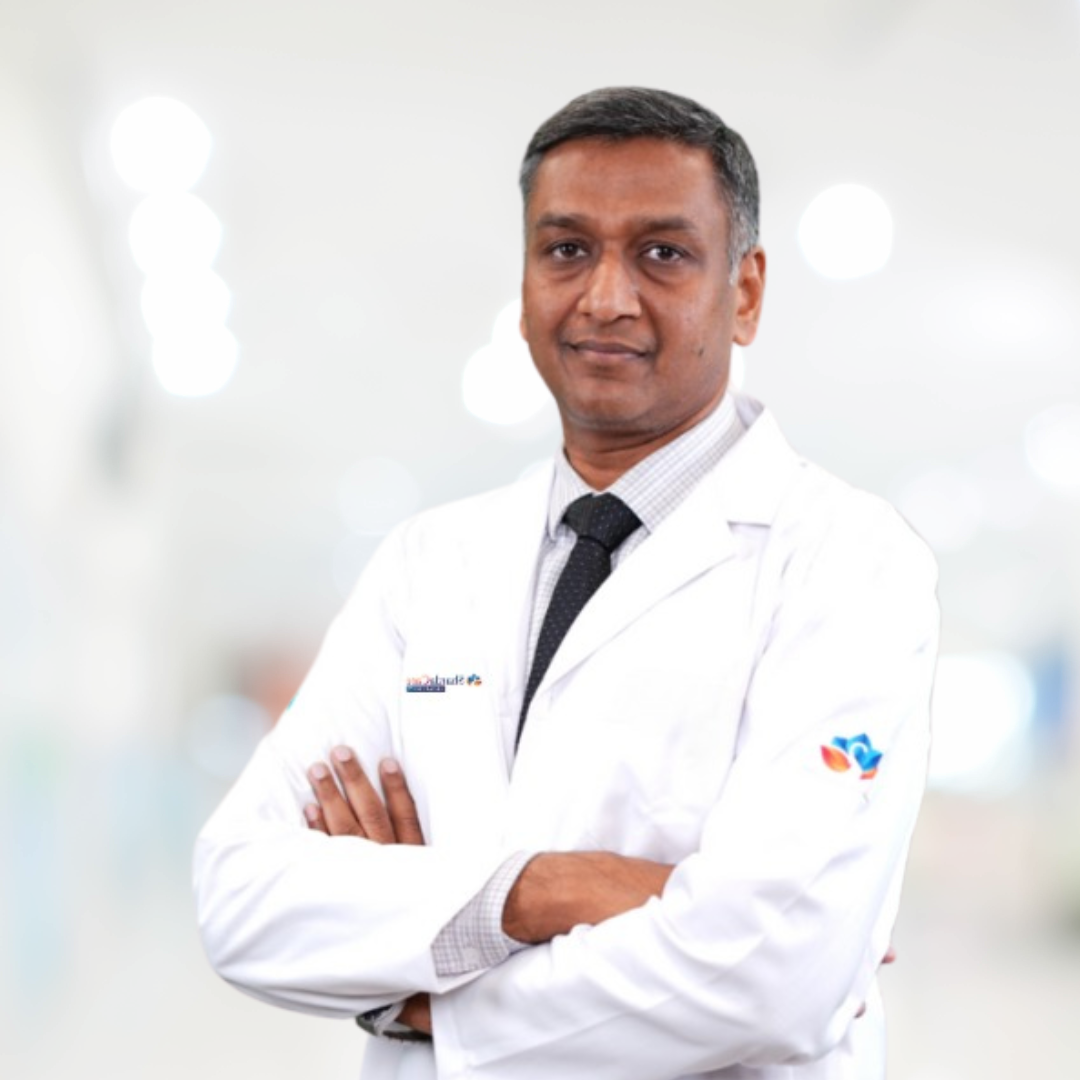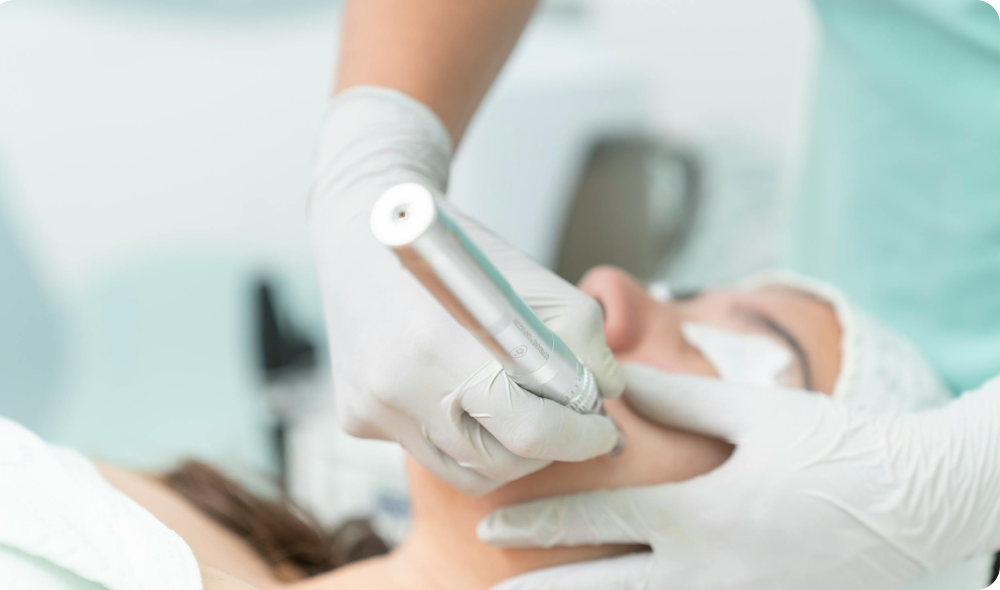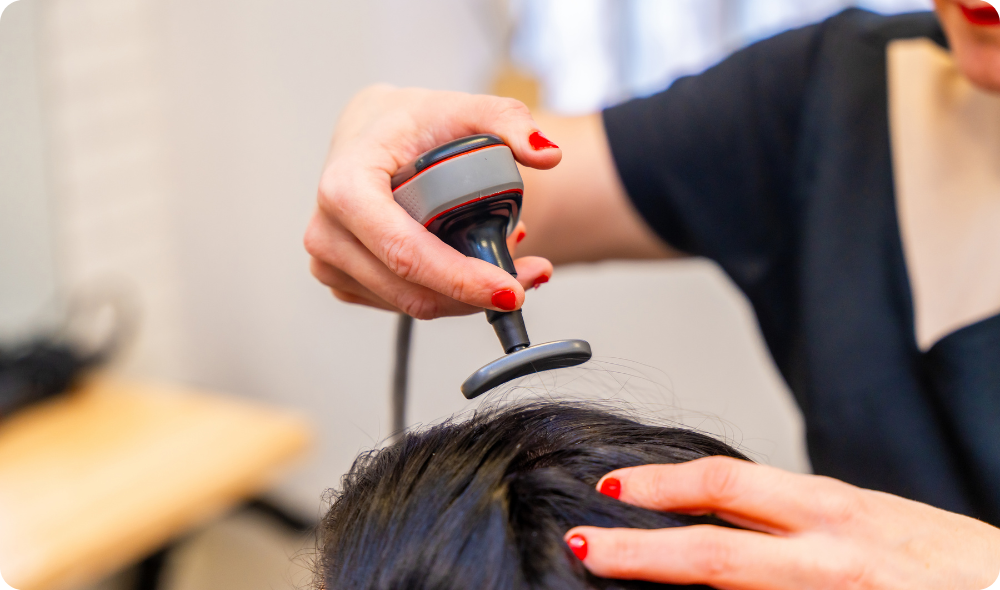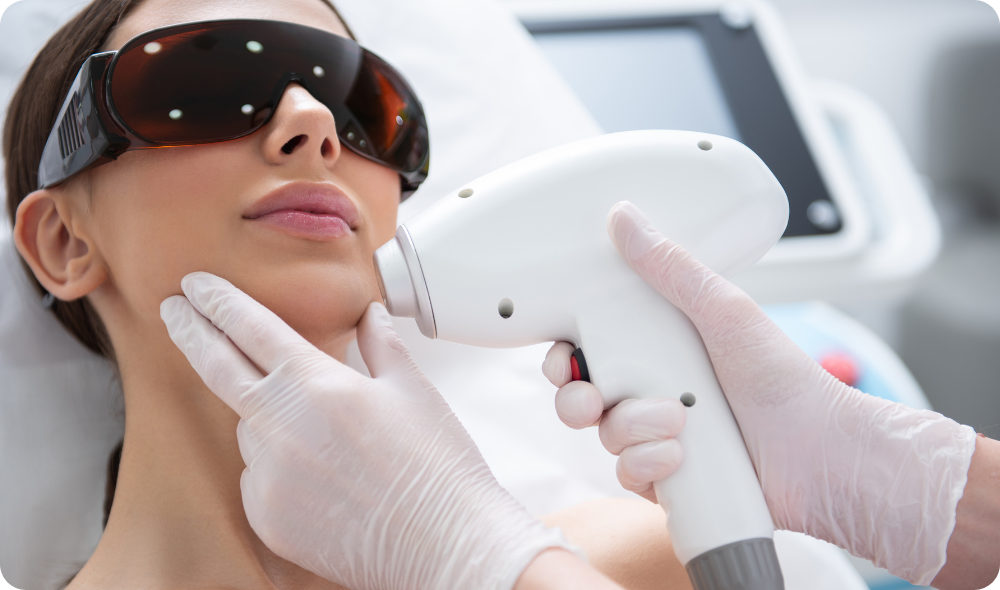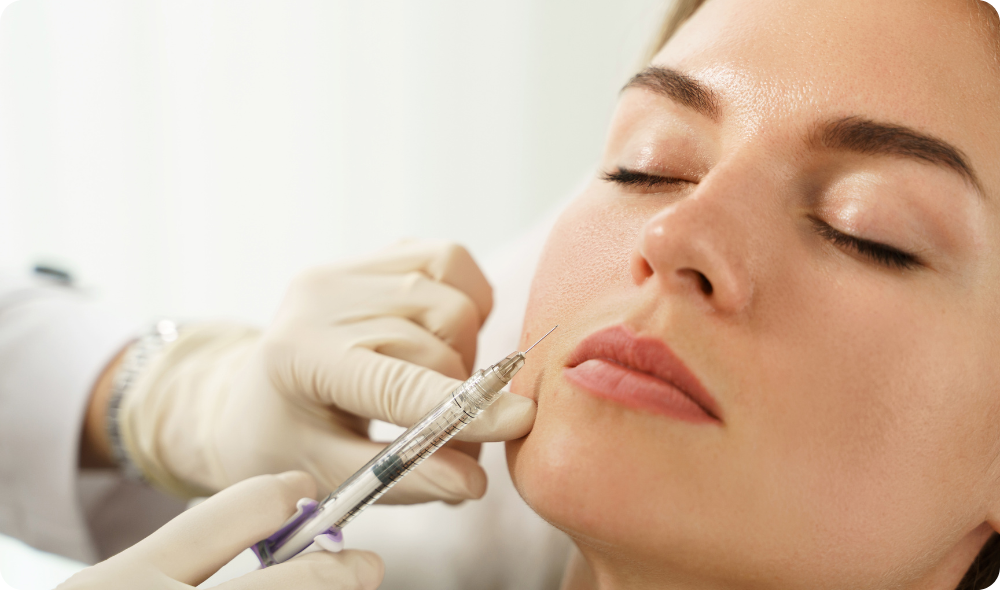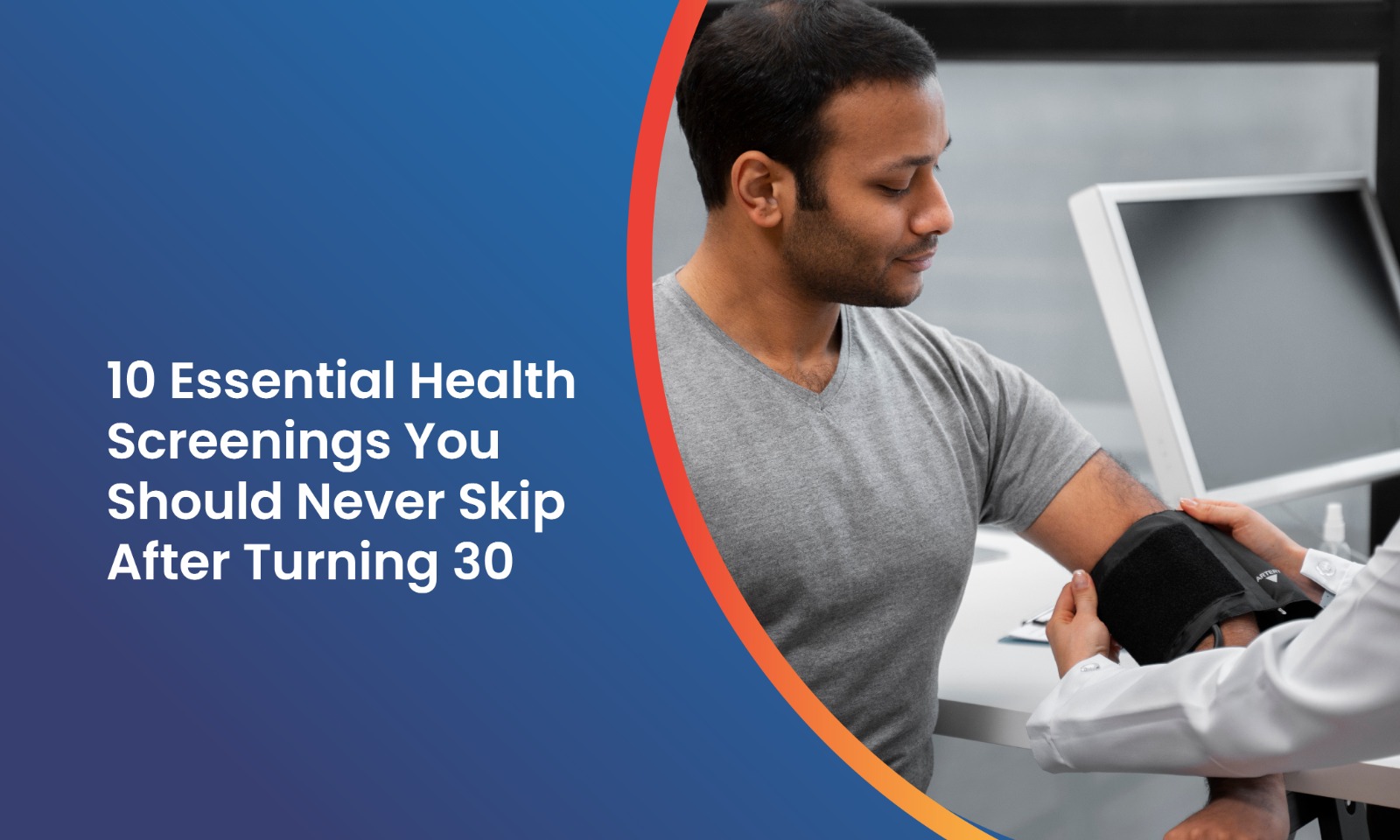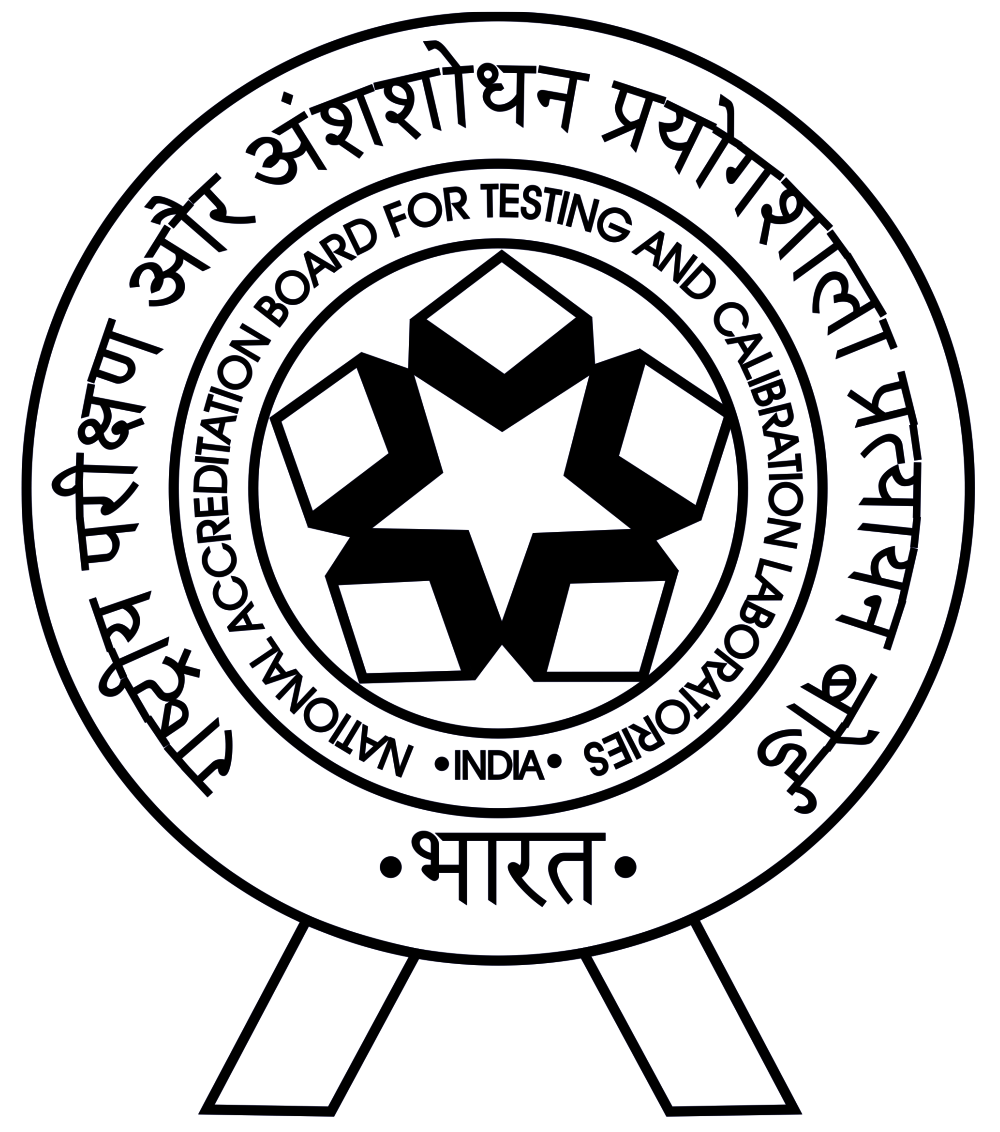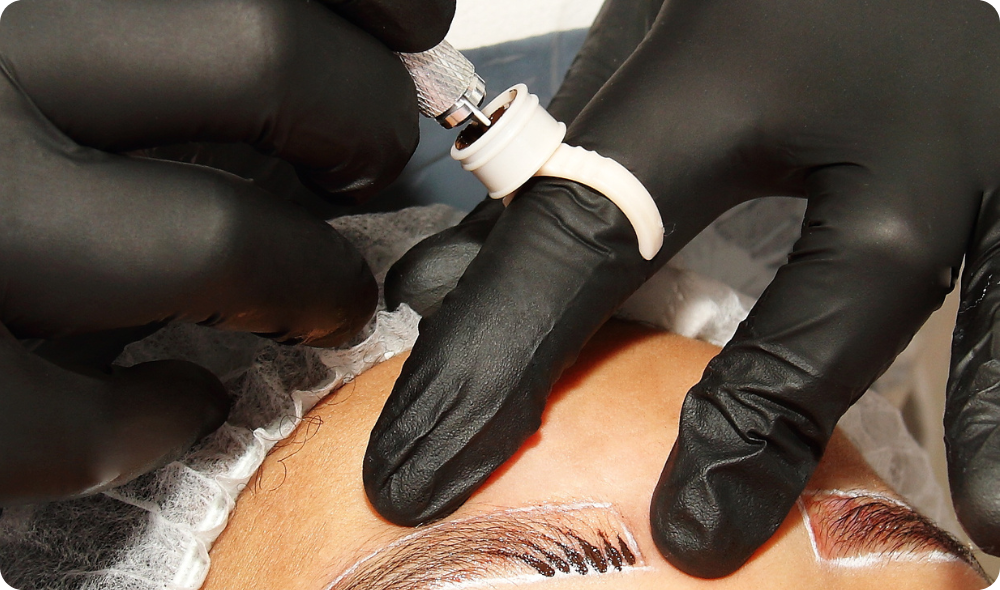
Procedural Dermatology & Advanced Skin Treatments at ShardaCare – Healthcity
Procedural Dermatology
Our procedural dermatology offerings are designed to deliver precise, effective solutions for a variety of skin concerns, using the latest techniques and technologies:
Removal of Warts
Safe and effective removal of common, plantar, or flat warts using advanced dermatologic methods.
Molluscum Surgery
Minor surgical procedure to remove molluscum contagiosum lesions and prevent their spread.
Intralesional Injection / Immunotherapy
Targeted injections to treat stubborn skin conditions like keloids, warts, and alopecia areata by delivering medication directly into the lesion.
Electrofulguration / Electrocauterisation
Precision-based cautery techniques to treat benign skin growths, warts, and lesions with minimal scarring.
Electrolysis
Permanent hair removal method using electric current to destroy hair follicles.
Radiofrequency Removal (Skin Tags / Milia / Comedones)
Non-surgical, quick, and safe removal of skin tags, milia, and blackheads using radiofrequency technology.
Xanthelasma Removal – Chemical
Application of chemical agents to remove cholesterol deposits around the eyelids.
Xanthelasma Removal – Surgical
Minor surgical procedure to precisely excise xanthelasma plaques for a cleaner cosmetic result.
Scar Subcisio
A minimally invasive technique to release deep acne scars and stimulate collagen regeneration.
UVA / Narrow Band UVB Phototherapy
Advanced light-based therapy for treating psoriasis, vitiligo, eczema, and other chronic skin disorders by reducing inflammation and promoting skin healing.
Podowart Application
Targeted application of Podowart for effective treatment of stubborn warts, helping to remove lesions and prevent recurrence.
Autoinoculation
A technique used to stimulate the body’s immune response by transferring viral particles from warts to boost natural healing.
Ionophoresis
A non-invasive treatment for excessive sweating (hyperhidrosis), using mild electrical currents to block sweat glands safely and effectively.
Skin / Mucosal Biopsy Procedure
Diagnostic procedure to collect skin or mucosal tissue samples for detailed analysis. (Note: Consumables and histopathology charges are additional.)
Why Choose Us?
-
Skilled dermatologists with years of experience.
-
Modern diagnostic tools and advanced treatment options.
-
Personalised, patient-focused care in a safe and clean environment.
-
A balance of medical and cosmetic dermatology treatments.
Looking for an Expert
ShardaCare - Healthcity is home to some of the eminent Doctors in the world.
Book an Appointment


